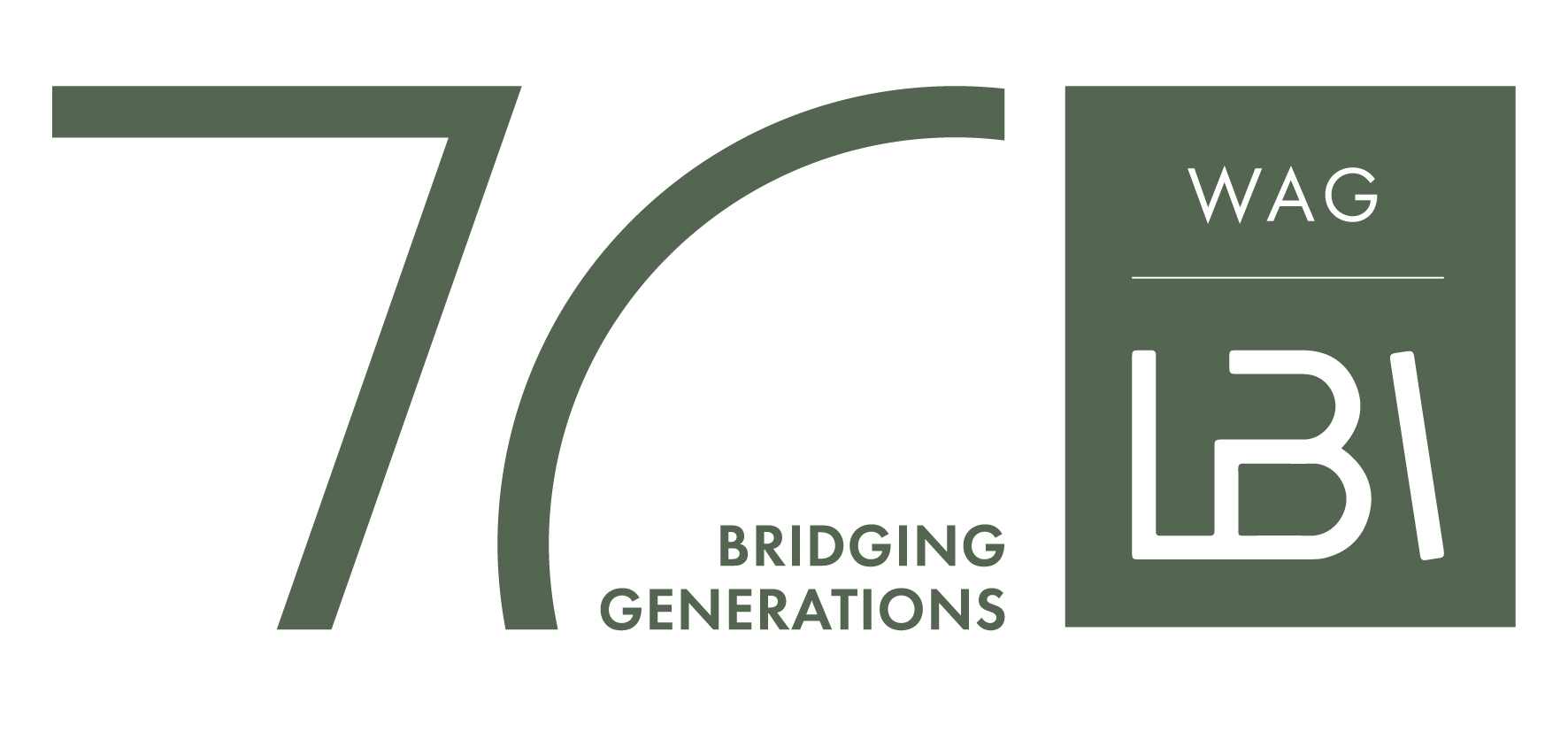„German-Jewish History and the Histories of the ‘Others’.“
Panel der WAG auf der Annual Conference of the German Studies Association, San Diego, 29.9.-2.10.2016
Chair: Frank Mecklenburg (LBI New York)
The general topic of this panel was the interaction of different groups with one another and the appropriate historiographic approach to these histories that avoids to reconstruct the “otherness” by looking at different actors and groups in their interdependence. The goal was to foster a historiographic approach of an integrated history in which Jewish as well as further histories of „others“ are visible parts.
Mathias Berek (Leipzig University), bearing on the perception of German-Jewish philosopher Moritz Lazarus (1824-1903), demonstrated the interdependence of the history of nineteenth century’s German idealistic liberalism and the history of German-Jewish emancipation. He argued that German Jews like Lazarus promoted a certain pluralistic fashion of liberalism and an ethical version of idealism. While this position found wide public recognition until the 1870s, it later on lost its stand when the German nation followed a more and more homogenic and exclusionary vision of collective self-understanding.
David Jünger (Free University Berlin) elaborated on the significance of an integrated history beyond common historiographic borders through the biography of the German-American rabbi Joachim Prinz (1902–1988). Prinz had migrated from Nazi Germany into the United States of America in 1937 and became a famous member of the American-Jewish community and an advocate for the civil rights struggle of the African American community. Jünger demonstrated how Prinz’s experiences with oppression and persecution in Nazi Germany generated the moral foundation of his life as a political rabbi after immigrating to the United States. A vivid discussion followed whether it was Prinz’s understanding of Zionism as Jewish self-empowerment that made him align with the Black struggle for civil rights as likewise an self-empowerment of the Black people of America.
Anne Friedrichs (University of Bielefeld) offered a new perspective on the history of Polish-German migration to the Ruhr valley in the last third of the nineteenth century and the first half of the twentieth. By exploring various relationships between heterogeneous mobile people and a differentiated society, she made a case for dealing with the unity as much as with the margins, intersections, and relations of the guiding historiographic narratives and the associated sub-disciplines, also in light of the current debate on refugees.
The commentator of the panel, Andrea Sinn (Elon University), proposed to discuss a new vocabulary for the writing of intertwined histories demanded by the panel. Prinz’s concept of “neighborhood” could be a starting point, as well as differentiating the social relationships on the basis of different intensity and duration, as in the case of the “Ruhr Poles”. Regarding the nineteenth century discussants brought up the question whether the pluralist liberalism shared by German Jews like Lazarus was not constrained by illiberal conceptions, as it was the case for all liberals. The question of how to write history without reproducing exclusionary semantics has been touched by the panel but has to remain open.
Mathias Berek, Anne Friedrichs, David Jünger

Comments are disabled.